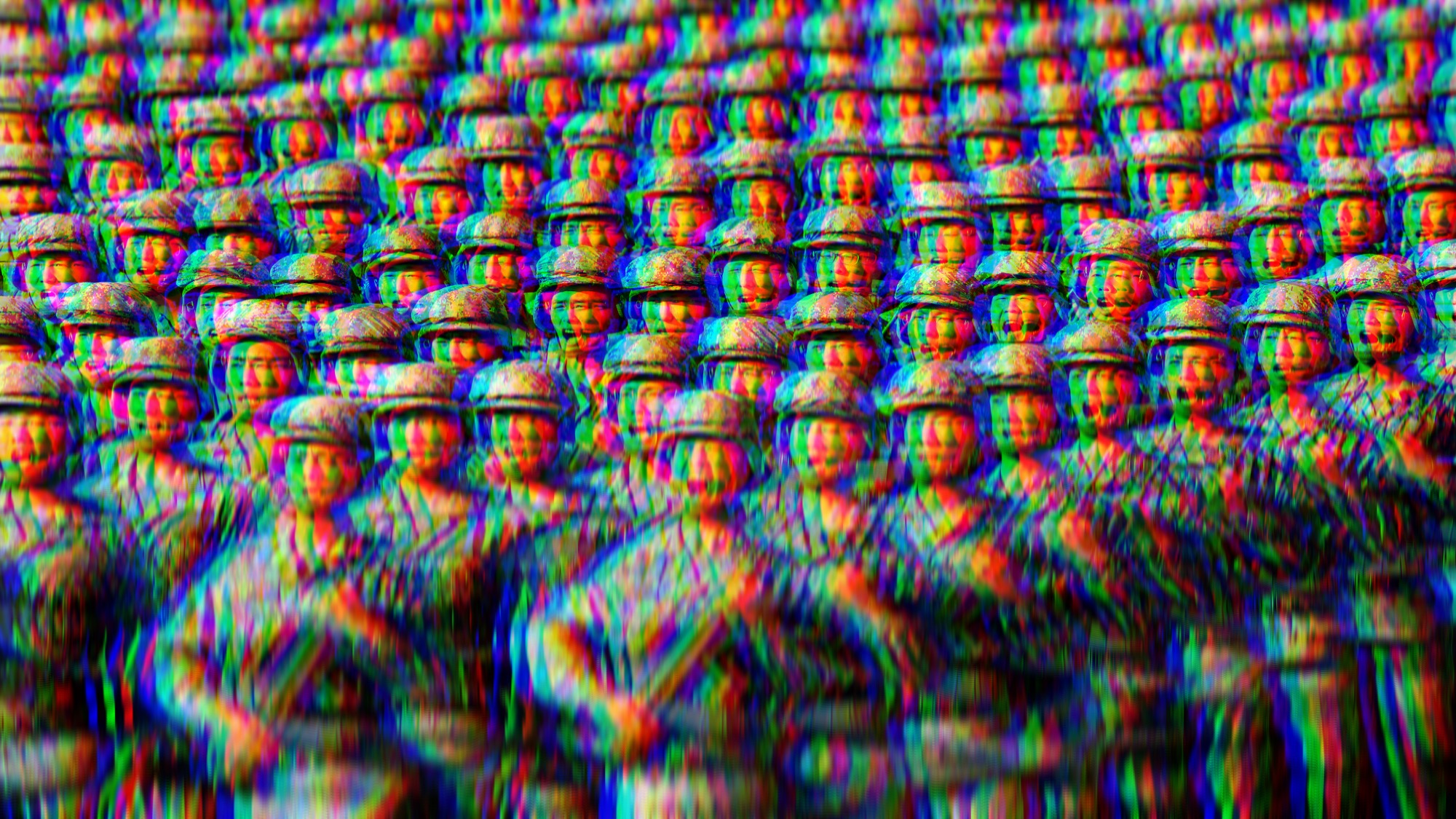CyberwareCyberwar is a military operation conducted not physically but electronically,
where information acts as a weapon, but as tools, computers and the Internet. Thus, cyber
warfare is a type of information war, the purpose of which is to achieve certain goals in
the economic, political, military and other spheres by influencing society and government
using carefully prepared information.
|
 |
|---|
 |
Methods and stages of cyber warfare
Cyber warfare has two phases: espionage and attack.
Vandalism - placing propaganda or offensive images on web pages instead of original information. Propaganda and information warfare - the use of propaganda in the content of web pages, in mail and other similar mailings. Leaks of confidential data - anything of interest is copied from compromised private pages and servers, and secret data can also be spoofed. DDoS attacks are a stream of requests from multiple machines in order to disrupt the functioning of a website, a system of computer devices. Disruption of computer equipment - computers that are responsible for the functioning of military or civilian equipment are attacked. The attack leads to the failure of equipment or to its shutdown. Attacks on infrastructural and critical facilities and cyber terrorism - the impact on machines that regulate engineering, telecommunications, transport and other systems that support the life of the population. |
|---|
Cyberwar targetsAll cyberwarfare operations are aimed at disrupting the functioning of computing systems responsible for the operation of business and financial centers, government organizations, at creating disorder in the life of the country, therefore, important life-supporting and functional systems of settlements suffer first of all. These include water supply systems, sewerage systems, power plants, energy centers, and other communication networks. |
 />
/> |
|---|
 |
Source of threatThe dependence of government agencies, businesses and ordinary citizens on the Internet has grown significantly. Accordingly, cyber attacks by one state directed against another can cause significant damage to the country's economy, so that cyber war is a real threat. At the same time, the creation of a computer virus or "Trojan Horse" will cost significantly less than the development and purchase of weapons and missiles, and the damage caused by cyber intrusion can exceed the wildest expectations. The main goal pursued by states waging cyber wars is to disable the infrastructure of strategic importance (financial, energy, industrial, transport networks, sanitary systems, etc.) of their opponents.
|
|---|
Risk analysisCurrently, every technological process is controlled by information technology - even if it is traffic regulation, the slightest violation of which will cause serious problems. The active use of technology has made civilization dependent and therefore vulnerable. Therefore, it is impossible to predict the consequences of a cyber attack. Many countries have become concerned about the security of their information systems and have incorporated it into their national defense strategy. De facto, the Internet space has become a new area of warfare. In the United States, the Cyber Command (Cybercom) has been created for offensive operations and the protection of important facilities from cyber threats. Information security troops (cyber troops) were created in Russia in 2014. China also employs about 20,000 hackers. In addition to these countries, Iran, Israel, and European countries are also preparing for cyberwarfare. The main goal of cyber troops is to protect the country's infrastructure and asymmetric impact on opponents, which is harm using all available technologies. |
 |
|---|
Malware-Cyberware |
Alika Tsulygina |
|
|---|